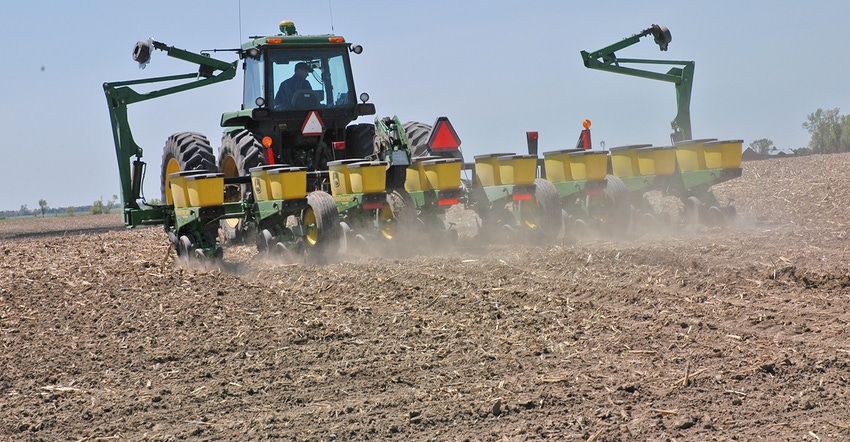April 5, 2018

Planning for a late planting season is always a good idea. You never know what the spring may bring. The following are some key things that Josh Lamecker, an agronomist with Legend Seeds, headquartered in De Smet, S.D., says to know about switching maturities and adjusting plant populations when soybean planting is delayed.
1. Soybeans flower and mature in response the length of the day. Shorter days after June 21 trigger flowering. North Dakota State University reports a 0.6% yield loss per day when soybean planting takes place in late May.
2. Consider switching to an earlier maturing soybean product after the first week of June. Shorten the maturity group by 0.5 relative maturity until mid-June. Shorten the maturity group by 1.0 relative maturity for late June planting to help maximize plant height and yield potential.
3. Increase planting rate 10% to 15% in late May and June to compensate for plants that may not reach optimum yield potential, and to also help establish a good canopy.
4. Drill soybeans or use a narrow row configuration, if possible, when planting late to hasten canopy closure. Ideally, you want the plant canopy closed by July 1.
5. When a field originally intended for corn is being switched to soybeans, know the plant-back restrictions for the specific herbicides that have already been applied. Herbicide plant-back restrictions found on the labels should be followed to prevent any carryover damage from further delaying the crop.
You May Also Like




